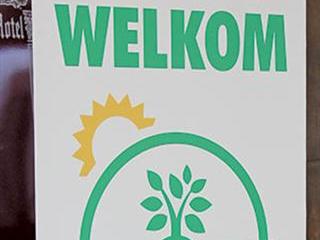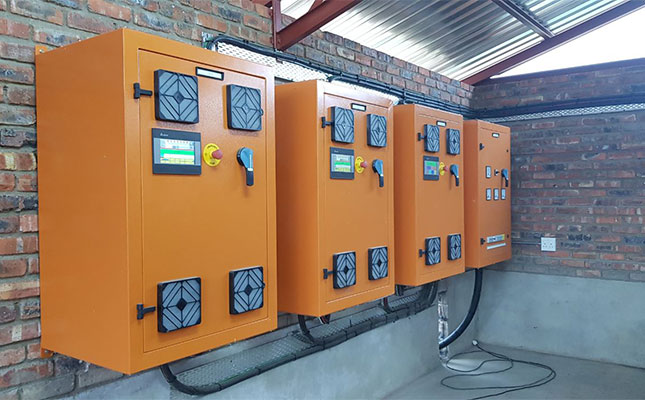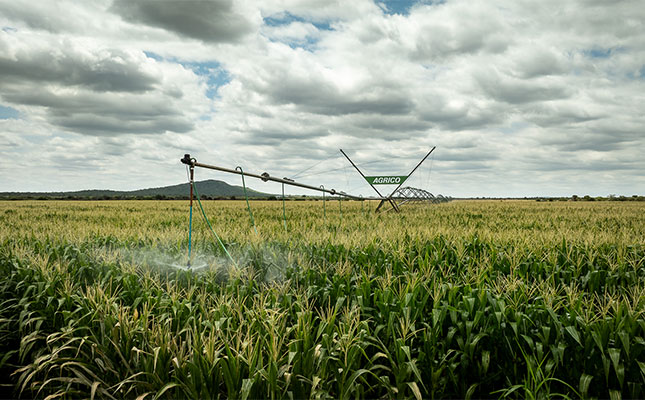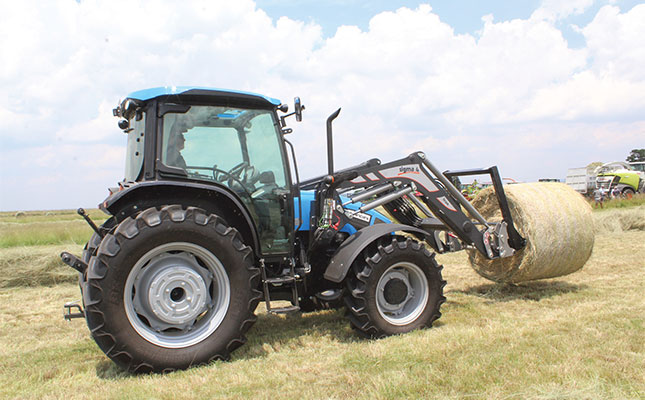Of course, the subject CAME up with every farmer I visited as virtually the whole of the Mpumalanga Lowveld area is under claim. Most farmers agree that there has to be some form of transfer of land, so this isn’t the problem. The problem is the modus operandi. In the first place, the vast majority of claims are totally invalid. Government knows it, the farmers know it and the claimants know it. Clearly, the land claims policy was decided on, as the preferred route to transfer land, as viable farms can be transferred to claimants and it has the ring of addressing wrongs by giving land back to the so-called rightful owners. That sounds pretty good to politicians. Just as communism looked good on paper.
The consequences are, however, even more detrimental than communism. manager of one business mentioned that an employee had put in a claim for two separate properties and had succeeded in one. The employee admitted that he had no right to either, but said “what do I have to lose”. Indeed claimants do have nothing to lose as there’s usually no cost to them. But, farmers have to defend their properties through investigations and very expensive lawyers. For many farmers the thought of the pending Expropriation Act, which could compensate them far below the market value of their forefather’s life’s work, has left them in a very depressed state. Zimbabwe looms in the back of their minds.
Our present farmers are there because of a form of “evolution”. Only a few individuals, regardless of skin colour, make it in agriculture. It’s a multi-skilled profession requiring technical knowledge and the mental toughness to handle drought, floods, low prices, uncertainty and pests. Farmers need a positive outlook and a belief that things will get better. If one had to remove all present farmers and replace them with whites, with the proviso they had university degrees, it would be a total disaster. The same evolutionary shaking out process would come into play. E ven the children of farmers are gently introduced into the system, which is often unique to the area. At the dinner table the farmer discusses problems with the wife and friends, and the kids are party to the success and mishaps on the farm. Still, not all of them make it into the system.
Sometimes the farm would be bought by a competent neighbour, or someone who believes they could make a go of it. Such a process in no way threatens national food security as it doesn’t happen across the country at the same time. T here’s another very important requirement for success. Timing. I was once in conversation with Dr Lawrence McCrystal, an economic advisor to the Nationalist government. He mentioned that when he graduated, there were many who were equal in knowledge of business practice taught at university, but those who made it big were people who had a better sense of timing.
same applies to farming. All knowledge and skills are redundant if one doesn’t have a sense of timing, discipline and self-motivation. This cuts across culture, skin colour and age. If we soberly consider the requirements of successful farming, then it’s a small percentage of any race group who could make a go of it. To expect a random land claimant to have the necessary qualifications is rather dismal.
SA’s looming crisis
Government should take note of Cosatu’s food-price mass action. A lot of inflation at the moment is imported, not yet of our own making. Wait until our own farming community cannot deliver on top of inflation, then government will be highly compromised. ANC is not under threat and it doesn’t have to take measures to maintain power. A slower, more practical reform pace wouldn’t do them any harm and it would be better for the country in the long run.
There was a tried and tested model used by the Land Bank in the past. When a farmer felt he had the necessary knowledge and skills he would approach the bank for financial assistance to acquire an available farm. He and his employer would be interviewed to establish his chances of success. I still have a friend and farmer who I met when he was still a farm manager, and watched the process of him getting his own farm. He had frequent visits from the Land Bank who inspected progress from the lands to the books. Eventually, he proved himself and bought another farm on which he was also successful. I still spend the night with this family when I visit the area. That successful farmer is now considering leaving the country over a land claim.







